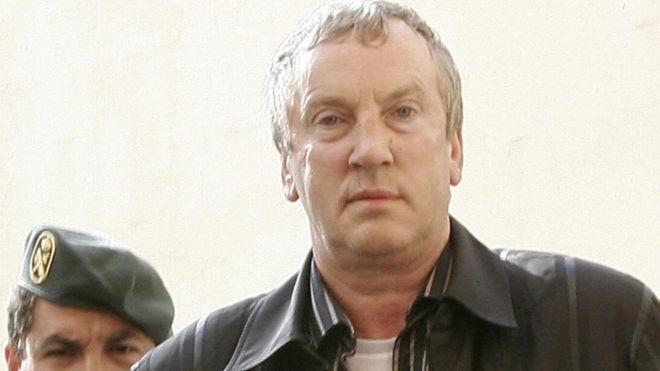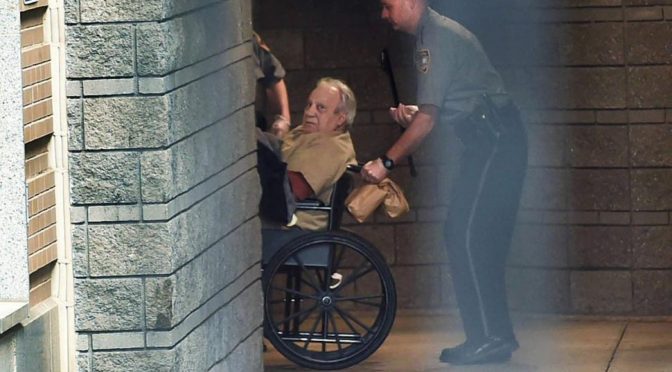A top Spanish judge has issued international arrest warrants for 12 Russians suspected of organised crime, including high-ranking state officials.
The 12 are accused of links to Gennady Petrov, an alleged Russian mafia boss arrested in Spain in 2008 who later fled back to Russia.
Some of the accused are officials close to President Vladimir Putin’s circle, Spanish media report.
One of them, Nikolai Aulov, dismissed the Spanish move as “political”.
Mr Aulov is deputy head of the Russian Federal Anti-Narcotics Service (FSKN).
An FSKN statement (in Russian), quoted by the Lenta.ru news agency, said the order was “another move to fulfil a political instruction to discredit Russian Federation officials”.
According to the warrant issued by Judge Jose de la Mata, of Spain’s top criminal court, the 12 had links to Gennady Petrov’s Tambovskaya mafia syndicate, accused of contract killings, arms- and drug-trafficking, extortion, forgery and money-laundering.
Powerful figures
The suspects wanted by Spain include Igor Sobolevsky, ex-deputy head of the Russian Investigative Committee (SK) – a powerful state agency similar to the American FBI.
The list also includes Vladislav Reznik, an MP who previously chaired the Russian parliament’s financial markets committee. His wife Diana Gindin is on the list too.
Some of the 12 were also named in an indictment issued by Spanish prosecutors last year, which listed 27 Russian suspects.
Petrov was among 20 people arrested as part of a major investigation known as Operation Troika.
Spanish prosecutors say Petrov’s group had contacts with some senior government officials, including former defence minister Anatoly Serdyukov and former prime minister Viktor Zubkov.
Former Russian intelligence agent Alexander Litvinenko, murdered in London with radioactive polonium-210 in 2006, had been helping Spanish officials to investigate Russian organised crime. His activities in Spain emerged in the official British inquiry into his death.





